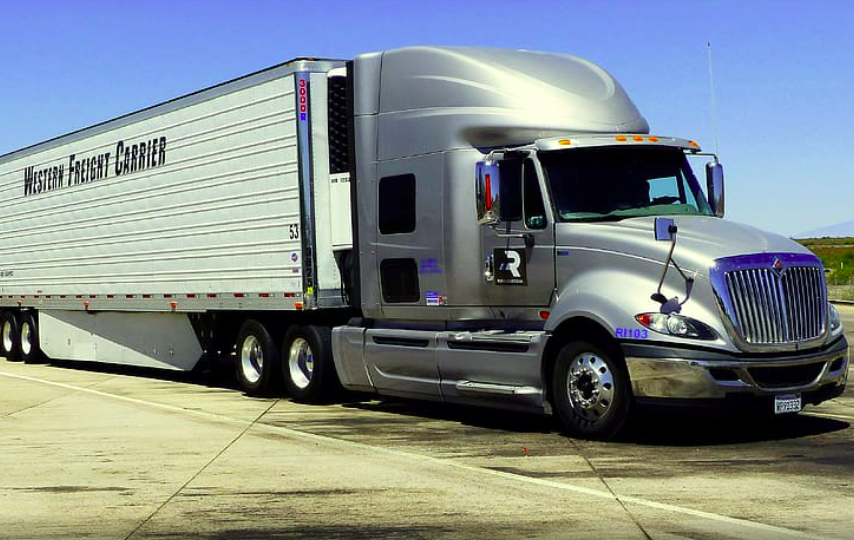There are many hazards faced by the truck and the driver while traveling on the road. The dangers are the weather conditions, animals abruptly coming in the front, and truckers’ most dangerous situation is driving heavy vehicles on ice roads. These situations are the cause of accidents and damages. So, to cover up the damages, commercial trucking insurance is applied.
Steps of Commercial Trucking Insurance Procedure
The amount invested in buying commercial trucks is enormous, so the damage caused by accidents is also extensive. It is beneficial to understand the proper process of trucking insurance as confusion can cause many hurdles in the procedure.
Preparing for the Procedure the Earliest
People related to the trucking industry have suggested that businesses planning to buy trucks should start preparing on the insurance at the same time. When they decide which truck they want to purchase and the company, they want to create, business owners should begin to put everything together.
Hiring Trucking Insurance Companies
The next crucial step to take is to know which is the right insurance company for commercial trucks. Businesses have to look into some qualities of insurance-providing companies, including extensive years of experience, knowledge about trucking insurance is vast, having the required policies, and offering help in each step of the procedure.
Knowledge of Insurance Plans Available
Companies dealing with trucking require different policies according to their business requirements. The insurance plans available for the businesses to choose from are general, auto, professional, and excess liability, physical, and cargo damage.
Understanding Renewal Procedure
It has to be understood that insurance policies and the process don’t remain the same. Changes in them come as the years pass by. So, businesses have to ask about the renewal policy from the companies, including Bill Fralic Insurance, so that preparing for the insurance can be easy.
Acquiring References is Important
What is the primary purpose of having references, especially when businesses are deciding to apply for insurance? The references provided are a type of marketing strategy that insurance companies use. Ask the insurance providers to give referrals so that the reputation of the company is known.
Know What Info is Required
The necessary info required to apply for insurance for the trucking industry properly is year, model, make, the truck’s cost, the vehicle’s weight, and documents related to the trucks and business.
Completing the Trucking Insurance Plan
When businesses have completed all of the steps mentioned above, the management can apply for commercial trucking insurance. They have to fill a form and provide the necessary info discussed above to complete the application process.
Below are some FAQs that will help you understand trucking insurance even more appropriately.
Frequently Asked Questions
How much does food truck insurance cost?
When you apply for commercial trucking insurance, there are a variety of trucks that can be insured, including a food truck. The cost of insurance can’t be precisely determined as several aspects influence the premiums, including; type of food truck, age of the truck and driver, cargo and its hazards, and weight of trucks.
What is the difference between private auto insurance and commercial auto insurance?
Many businesses prefer getting personal auto insurance because the cost is less as compared to commercial insurance. But the private insurance doesn’t cover the damages to the truck in case of an accident.
Is truck insurance a fixed expense?
No, insurance for commercial trucks changes with the fluctuation in the market rate. Also, when companies transform their business, the cost is adjusted to the type of truck and goods. So, these factors can’t maintain a fixed expense.



